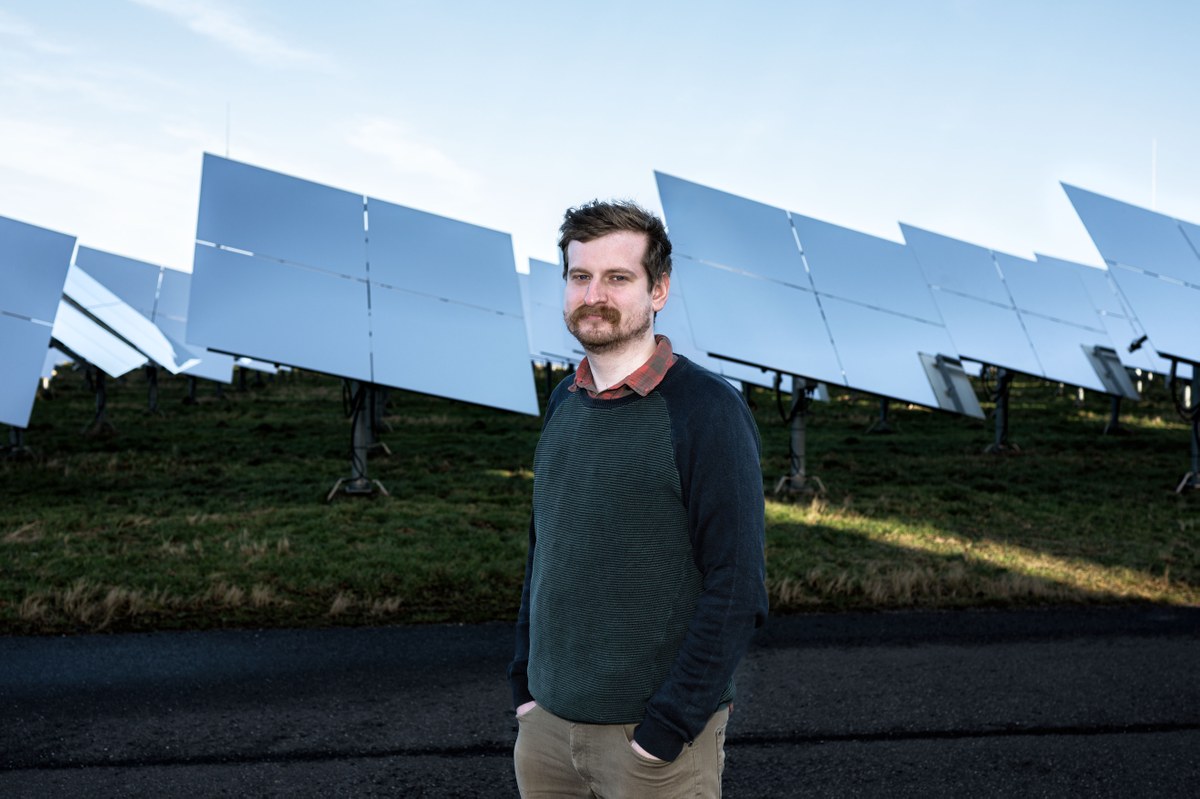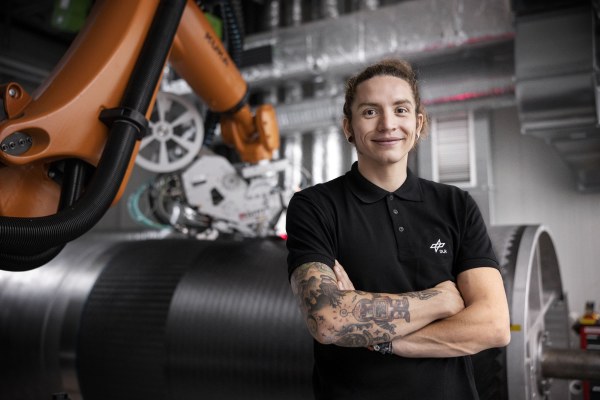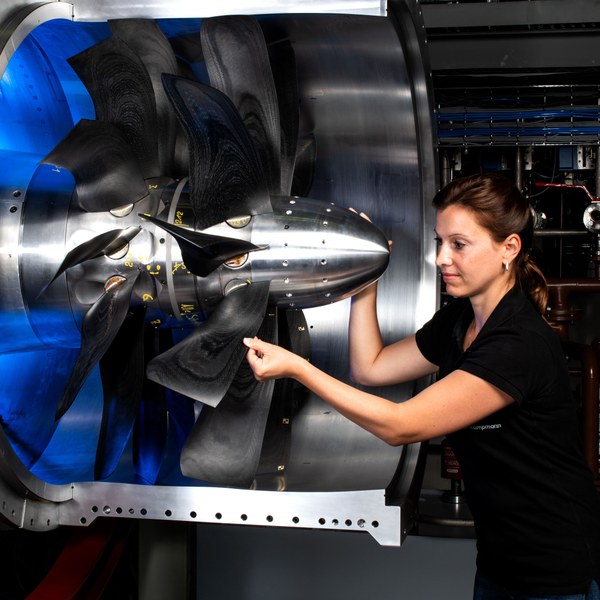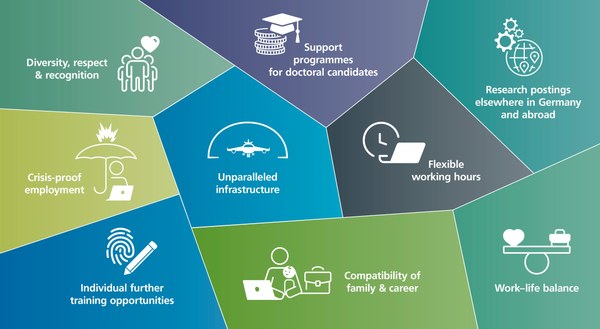Johann Krause
Field of study: Technical management
Now: Institute of Future Fuels
Johann Krause is currently pursuing a Master’s degree in Technical Management with a specialisation in product development at the University of Applied Science, in Cologne. He holds a Bachelor's degree in Mechanical Engineering and has already gained practical experience as a working student involved in the ASTOR research project at the DLR Institute of Future Fuels. Currently, he is writing his Master's thesis on the topic of ‘Development of a design for the reduction chamber of a swept, open, moving particle reactor for solar thermochemical fuel production’ at the same institute.
In this interview, Johann shares insights into his work and experiences within the department of Solar Process Demonstration at the Institute of Future Fuels.
Johann, what do you look forward to when coming to work in the morning?
Johann: The opportunity to contribute to a small but perhaps significant part of future projects. You also meet a lot of very smart and helpful people at DLR.
What are you researching or working on?
„Extensive literature research, the development and the evaluation of reactor concepts“
Johann: I’m currently involved in developing a novel reactor concept using particles for the thermochemical production of green hydrogen through solar radiation. In this process, a metal oxide is reduced at very high temperatures and low oxygen partial pressures, followed by oxidation through the introduction of water vapour or carbon dioxide, resulting in the production of hydrogen or carbon monoxide. Although this method of hydrogen production has been demonstrated several times, it has not yet reached an industrial level. Some unanswered questions remain, but I am hopeful that this technology will be implemented in a few years or a decade, especially in sunny regions. The work requires extensive literature research, the development and the evaluation of reactor concepts.
I review scientific publications to identify and understand connections. I also frequently use CAD to visualise concepts. My work setup offers great flexibility in terms of location and working hours. I can work from home or travel to the institute's sites in Cologne or Jülich.
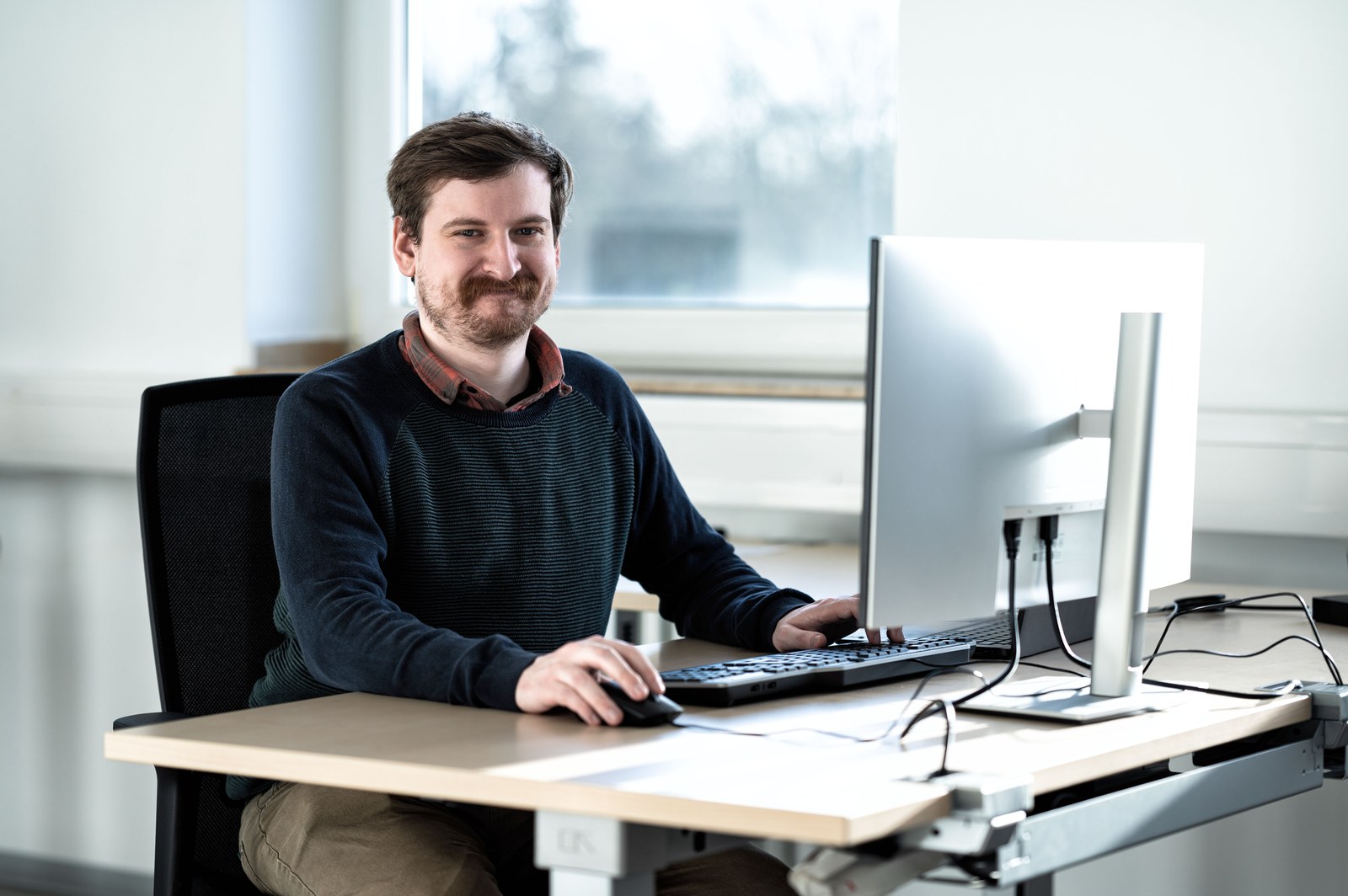
Where and how is your work being used?
Johann: I hope that my research findings can contribute to a better understanding and future development of particle-based concepts for solar reactors in thermochemical hydrogen production. While it would be ideal to see one of the developed designs actually built, that remains to be seen. For now, I would like to conduct simulations using DEM and/or CFD.
How did you come to DLR?
„What I personally also find cool is the site and the different people“
Johann: Towards the end of my Master's degree, I was looking to earn some extra money. I applied online to DLR for a position as a working student with a subject matter similar to the ASTOR project, which I had already worked on during my bachelor's degree. Following the initial contract, DLR decided to extend it, leading to the opportunity to undertake my Master's thesis here.
What do you take away from DLR for your studies and your future career?
Johann: Definitely a lot of knowledge and the realisation that scientists are just normal people.
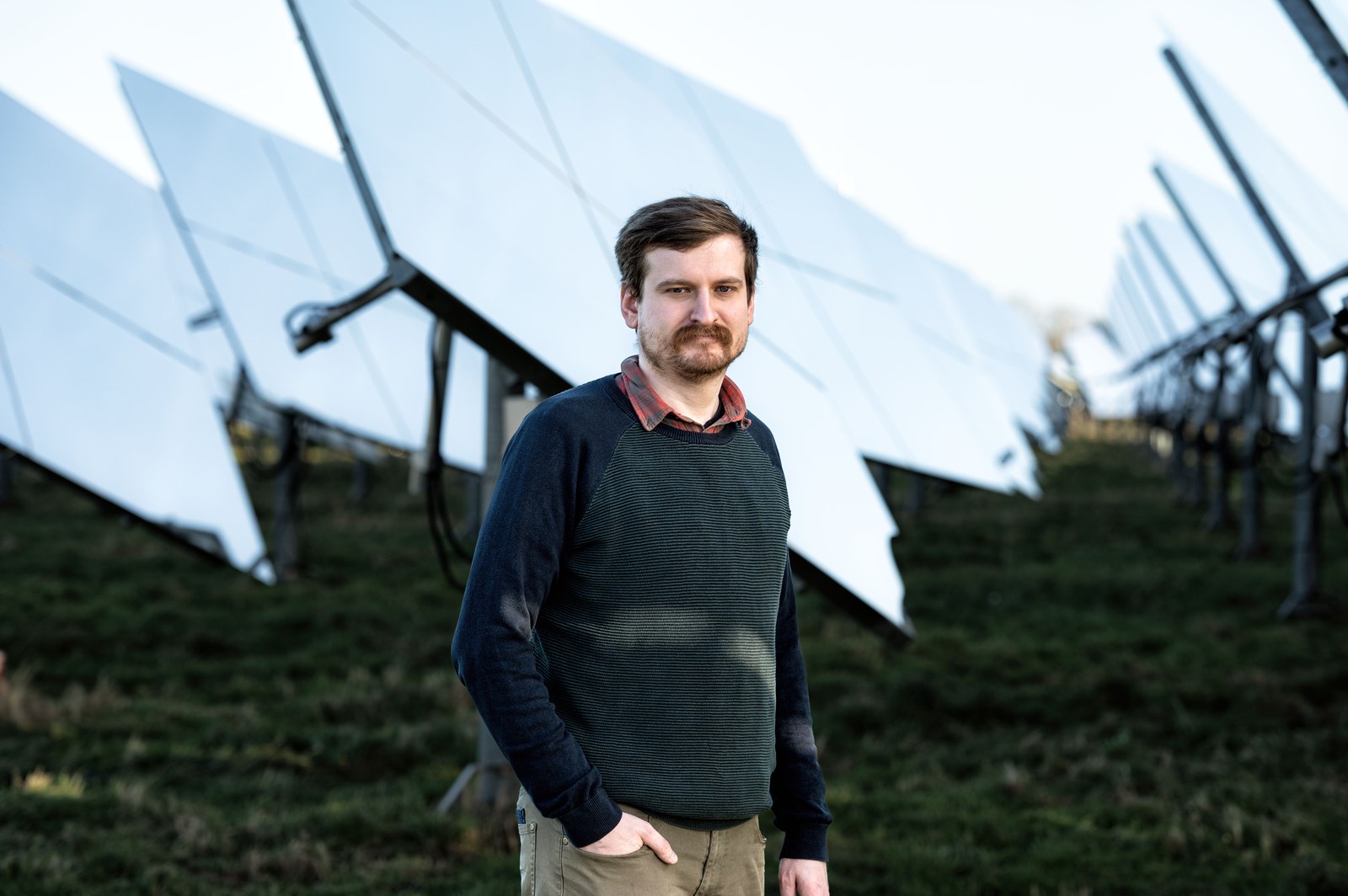
What are the highlights of your work?
Johann: Working together with the scientists. What I personally also find cool is the site and the different people from DLR, ESA and the Bundeswehr as well as the Institutes at the Cologne-Porz site.
Leave us a final thought.
Johann: You get paid for your Master's thesis according to TVöD. And I would like to emphasise once again the helpfulness of the DLR staff. I’m very grateful to be able to work with such nice people who support you even in difficult times.

